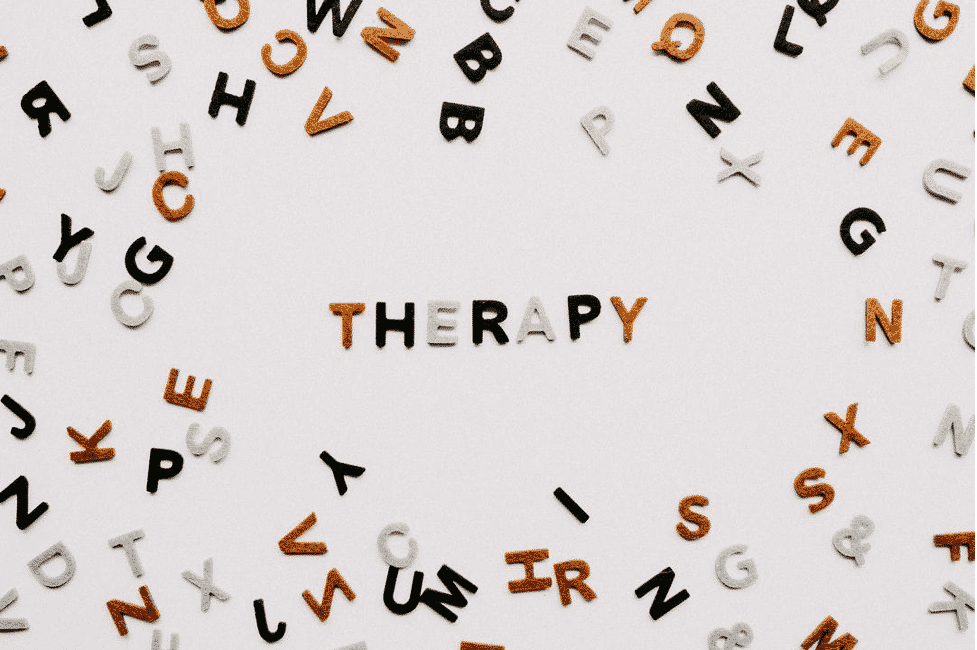When you’re struggling with mental illness, you may not know where to turn to. The good news is that there are plenty of resources available that can help you, one of which is intensive outpatient therapy, also known as an intensive outpatient program (IOP). This may seem scary at first, but there is more to this therapy than meets the eye. Below, we will look at IOP and how it can effectively help treat your mental health or substance use.
What is mental health?

Your mental health is just as important as your physical health and can affect many different areas of your life. Mental illness is anything from anxiety and depression to mood disorders and can be a burden if not treated. Unfortunately, many mental illnesses can lead to substance use and the other way around. The good news is that there is help for your mental health and substance use, and you can get better coping skills to help you daily.
What is an intensive outpatient program?

An intensive outpatient program is a type of therapy where you don’t live at a facility but instead come to a facility for a set number of hours per week. On average, many people spend around 10 hours a week with IOP. The program is designed to help you build better life skills and coping mechanisms to help your recover from substance use or mental health disorders. During IOP, you can expect to do individual therapy and group therapy while many other life skills classes are offered.
How long does IOP last?
Typically you can expect IOP to last anywhere from 8 to 10 weeks. This will have you visiting the facility 3 to 5 times per week for ten or more hours. Depending on the activities planned for that day, you can expect to spend around two or more hours per day at the facility. Sometimes you can spend as many as 5 hours in IOP during the day.
What is a typical day in IOP?
Substance use and mental health can take a toll on your daily life, from your job to your family. IOP is designed to give you the skills to recover and learn better coping mechanisms to do better through your day-to-day life. In IOP, you will learn about social wellness, life skills, family health, mental health, and more to get back to living a more productive and healthy life.
How effective is this type of therapy?
When you have other obligations in your life, such as work and family, IOP may be the right choice for you, but how effective is it? IOP is proven to be effective in patients who don’t have severe substance use or mental health disorders who don’t require the intensity of an inpatient facility. Here you will learn coping skills to carry with you in your daily life and other household and social skills. In addition, it has been proven effective for many patients who finish the program.
What is the difference between IOP and Inpatient treatment?

When looking at different options for help, you may notice another type of treatment known as inpatient treatment. It can be easy to confuse intensive outpatient with inpatient therapy, but there is a difference between them. With IOP, you live at home and come into the facility a few days a week for a couple of hours to work on life skills, therapy, and group activities. For Inpatient therapy, you live at the facility and are monitored 24 hours a day while going to different therapy activities such as individual and group. For inpatient therapy, you have to meet a few criteria. This criterion includes presenting yourself as a danger to yourself or others, needing distance from triggers, and needing to withdraw safely.
Get the help you need today.
It may be scary to get help for your mental wellness or substance use, but admitting you need help is the first step. Taking the leap to go to IOP for help is an essential part of recovery, and once it is said and done, you will be glad you took the jump.
